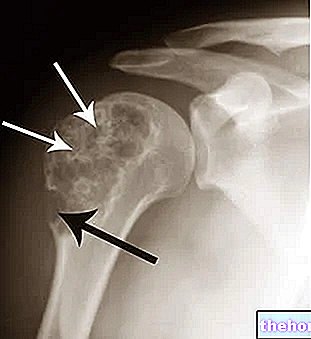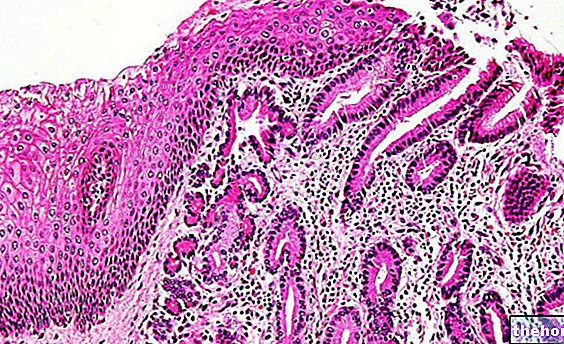Generality
Cholangiocarcinoma is the serious malignant tumor that arises from the rapid and uncontrolled replication of an epithelial cell in the bile ducts, the channels that carry bile from the liver to the duodenum.

Although the precise causes of cholangiocarcinoma are unknown, doctors believe that the appearance of this dangerous malignant tumor is affected by factors such as: primary sclerosing cholangitis, congenital anomalies of the bile ducts, some parasitic infections affecting the liver, exposure to certain chemicals, smoking, liver cirrhosis, etc.
Almost never symptomatic in the beginning, cholangiocarcinoma causes some characteristic symptoms in its most advanced stages, including: jaundice, abdominal pain, itchy skin, light stools, loss of appetite, weight loss, fatigue and fever; always in its most advanced stages, it can disseminate its cancer cells elsewhere and cause secondary malignant tumors.
The possible treatments that can be adopted in case of cholangiocarcinoma include surgical removal of the tumor, radiotherapy and chemotherapy.
















.jpg)











